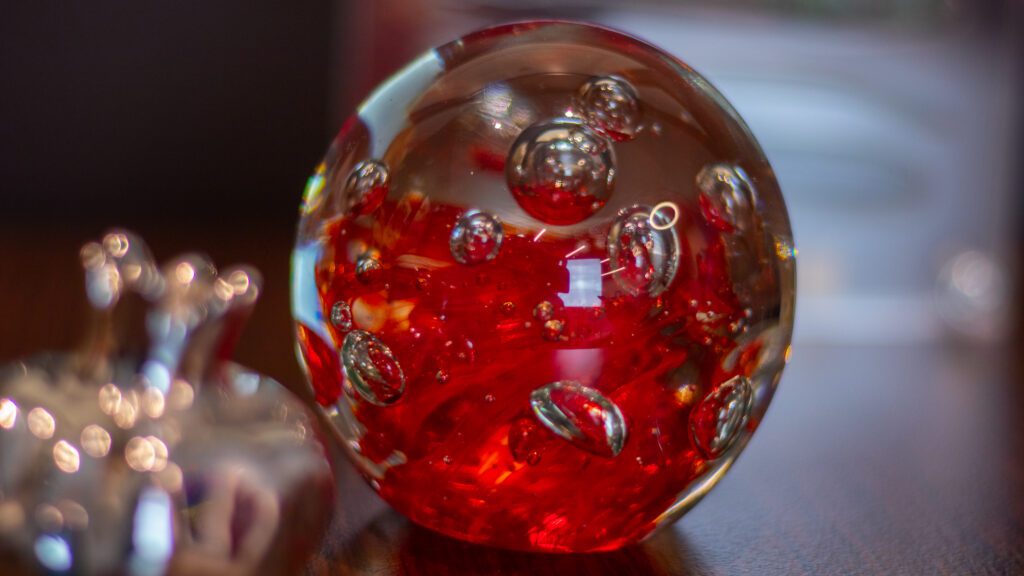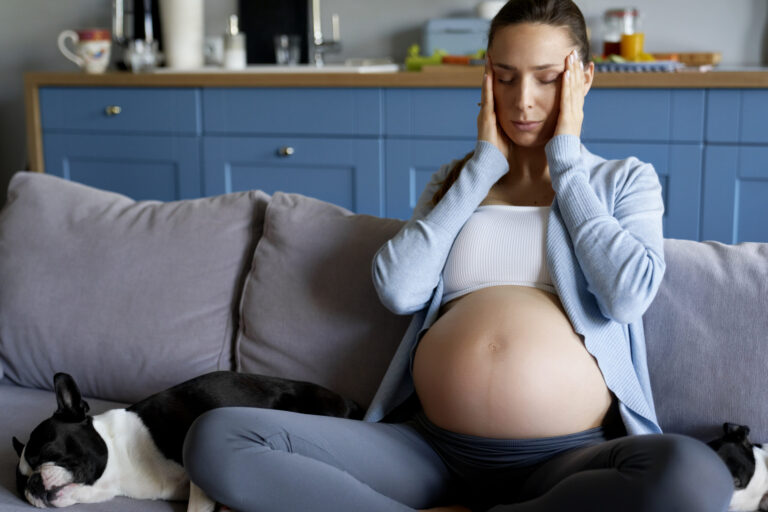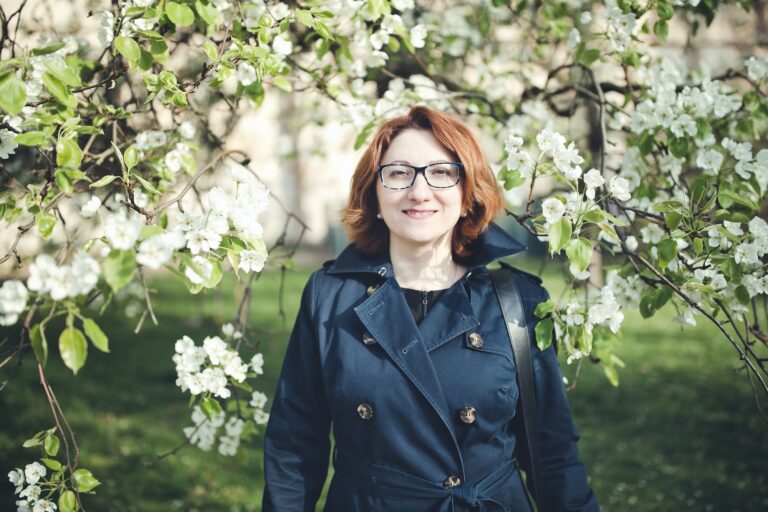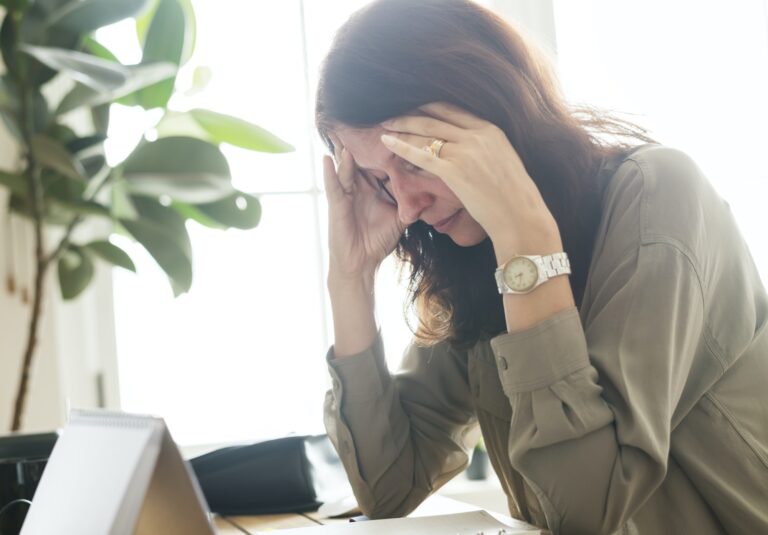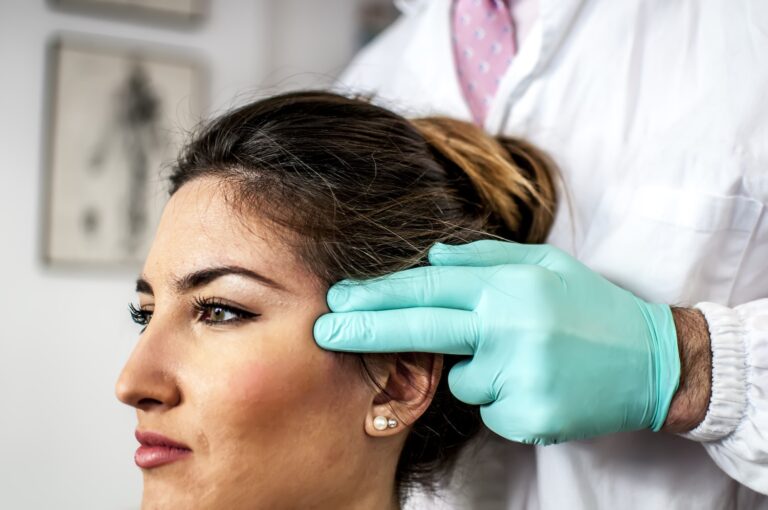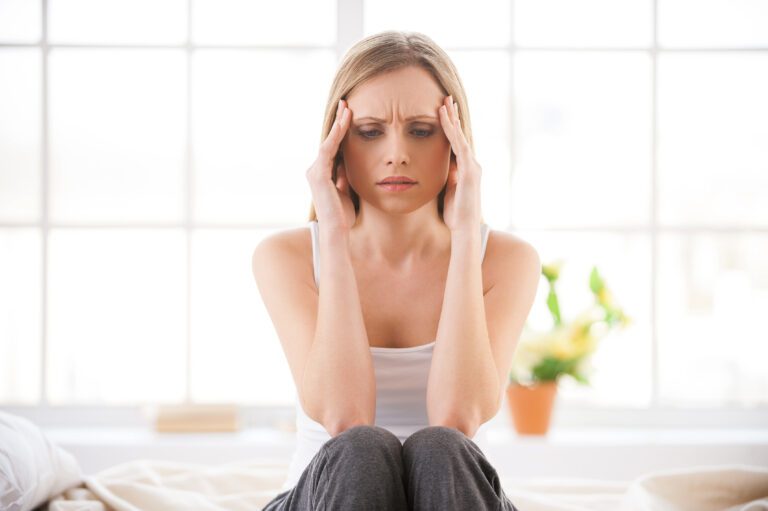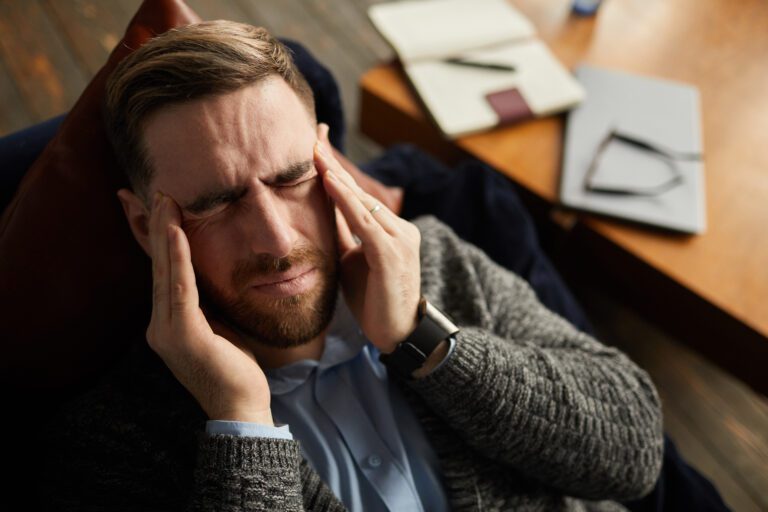It is known to many sufferers that migraines run in the family. Many will remember that e.g. and their mother locked herself in a dark room with a headache and threw up or tied her head. Which means that the neurological condition migraine may be present in a child and "waiting" for the appropriate "occasion" to manifest itself, or it may have already manifested itself but not in the form
headache. But let's see how often headaches and migraines are in children and then how they manifest.
School age
From the meta-analysis of various studies it has been found that 58% of school-aged children will report at least once a headache a year, while a percentage of 7.7% will have a headache that meets the criteria for a migraine! This means that in every school class of any grade there is at least one child who has a migraine. 66 to 71% of 12- to 15-year-olds have at least one headache in the last trimester, with 1 in 3 children of this age at least once a week. Headaches in children are more common in girls (1.5 girls to 1 boy) while especially migraines are 1.7 girls to 1 boy. In adolescence and later life this ratio becomes 3 women to 1 man.
Characteristics of childhood migraine
The average age of onset of migraine in children is 7.5 years. Migraine often differs from that of adults, e.g. lasts less without treatment (~2 hours) and rarely more than 24 hours. It is more common to be found on both the right and left side of the skull which confuses doctors and they cannot make a diagnosis. It usually starts in the morning and improves as the little patient sleeps. It generally worsens with physical activity.
Symptoms
Some symptoms that a child may have BEFORE their migraine starts can be: intense fatigue, unexplained mood swings, neck stiffness, intense yawning, difficulty concentrating, dizziness, polyuria.
Frequency of migraine in children and causes
However, an increase in the frequency of migraine in children has been observed in recent years. Thus a very well-designed study from Finland of 7-year-old children in the city of Turku found that 14.5 per 1,000 migraineurs in 1974 were 91.9 per 1,000 7-year-olds in 2002. The increase is spectacular! In general, the most important risk factor for developing a migraine at age 13 to 15 is parental divorce. Other causes are: the consumption of alcohol, coffee or nicotine, lack of physical activity and bullying.
In children, however, migraine may not be expressed with the "known" symptom of a severe headache, at least in the beginning for a few months.
Childhood migraines
There are so-called childhood migraine counterparts (without headache) which are:
– Strange abdominal algae, which cannot be attributed to another condition.
They are accompanied by anorexia, nausea and behavioral changes. It has been found that nearly 1 in 20 children who come to a hospital's emergency room suffer from this abdominal form of migraine.
– Regular, stereotyped vomiting accompanied by the need to rest- -Regular vertigo, dizziness
Diagnosis – Treatment
Although migraine is ultimately common in children, as it is in adults, it is often undiagnosed. It is also unfortunately common that even when a migraine is diagnosed in a child, there is great hesitation - due to her young age - to give the child a treatment, apart from common painkillers. We should explicitly emphasize that migraine is a common childhood condition and, as with any condition, it must be treated. There are treatments (either preventive or symptomatic) that can be given to a young person with migraine whose quality of life and performance e.g. at school are reduced due to the migraine.
In this case, the pediatrician may refer the child to a neurologist specializing in migraines or to a headache clinic.
Valentina Dermitzakis
Nutritionist - Dietician
www.nutrivalue.gr
